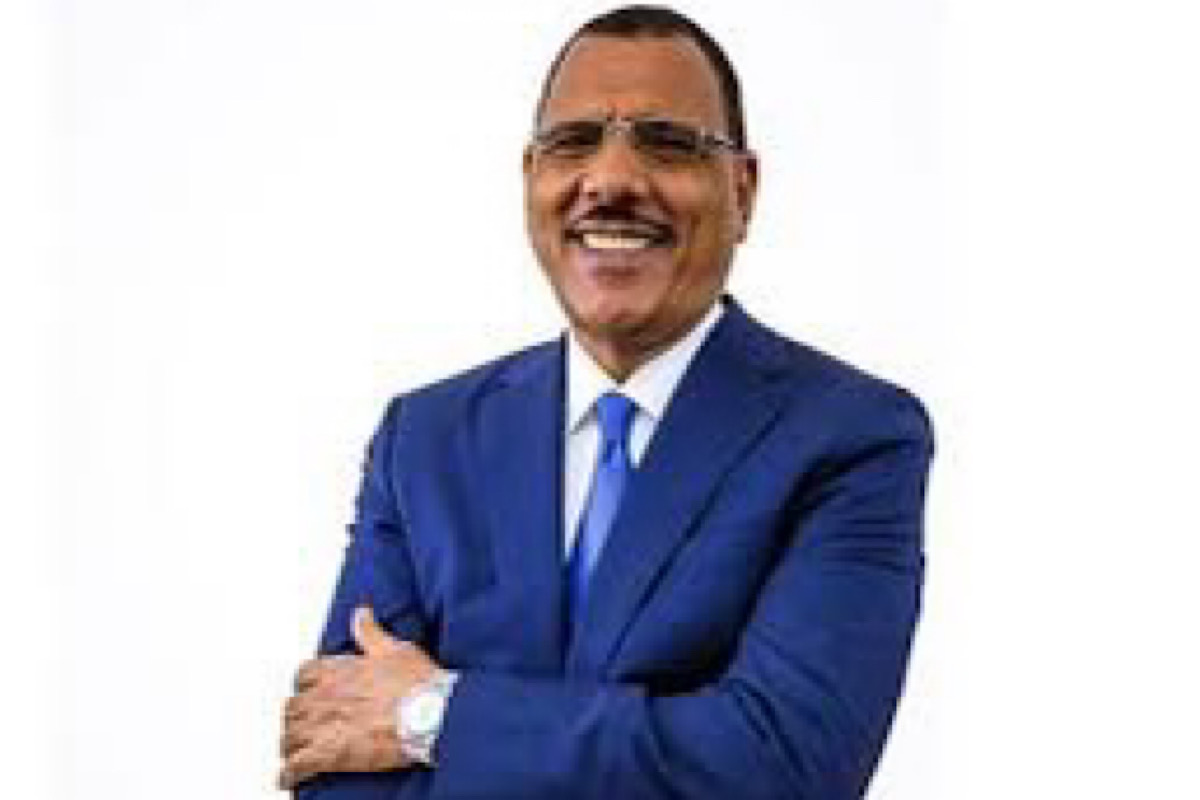2 Indian military teams plant tri-colour on Mt. Elbrus in multinational military ‘Climb for Peace’ event
Lt. Colonel Manoj Joshi led the six-member Tri-Services team that climbed the 5,642-metre mountain in Russia on Thursday.
Coups are not new to west and central Africa; the military takeover of power in Niger last week is the seventh such event in the region since 2020. But the latest, which saw the overthrow of Niger’s President Mohamed Bazoum by the commander of his presidential guard Abdourehamane Tchiani, is important in that it is seen as a blow to Western efforts to tackle Islamic insurgency, and judging from some responses may emerge as another chapter in the proxy war between Western countries and Russia-backed mercenaries.

Niger’s President Mohamed Bazoum (photo:SNS)
Coups are not new to west and central Africa; the military takeover of power in Niger last week is the seventh such event in the region since 2020. But the latest, which saw the overthrow of Niger’s President Mohamed Bazoum by the commander of his presidential guard Abdourehamane Tchiani, is important in that it is seen as a blow to Western efforts to tackle Islamic insurgency, and judging from some responses may emerge as another chapter in the proxy war between Western countries and Russia-backed mercenaries. While the European Union has announced a suspension of financial aid and security support to Niger, one of the world’s poorest countries, Russia’s Wagner mercenary group has hailed the coup as an ouster of “colonisers”. A statement attributed to Wagner boss Yevgeny Prigozhin said, “What happened in Niger is nothing other than the struggle of the people of Niger with their colonisers… with colonisers who are trying to foist their rules of life on them and their conditions and keep them in the state that Africa was in hundreds of years ago.” A few days before the coup, Prigozhin had told his men to be prepared for a “new journey in Africa”. The Wagner group is active in several parts of Africa, and seems to enjoy some popular support in Niger as well.
Demonstrators who greeted the coup in Niamey, the country’s capital, were seen waving Russian flags and shouting slogans in support of Wagner. They later burnt cars and ransacked the headquarters of the ousted president’s political party. With Niger’s armed forces having endorsed the coup, and announced a suspension of the activities of all political parties, it seems likely that it will take more than sanctions to restore the sort of democracy that the West would like to see in the country. The coup has been condemned by the African Union, the Economic Community of West African States (ECOWAS), the United Nations, the United States, France and other nations. Mr Bazoum was popular with the West because he had committed himself and his government to resist the ISIS insurgency in the country, and work with neighbouring Mali to put down the group. He had also promised to tackle corruption and resolve the country’s demographic problems by limiting family size and ensuring gender equality through education for girls.
But it seems clear that he had failed to deliver on many of his promises, leading to increasing frustration in the country, and what Tchiani described as “the gradual and inevitable demise of the country”. With Niger’s current leaders having asked ECOWAS and other regional partners to stay away from their affairs, and with Western powers having been left with few options in the matter despite the presence of some French troops in the country, the future seems uncertain. For the people of Niger, this is just another chapter in an existence marked by suffering.
Advertisement
Advertisement